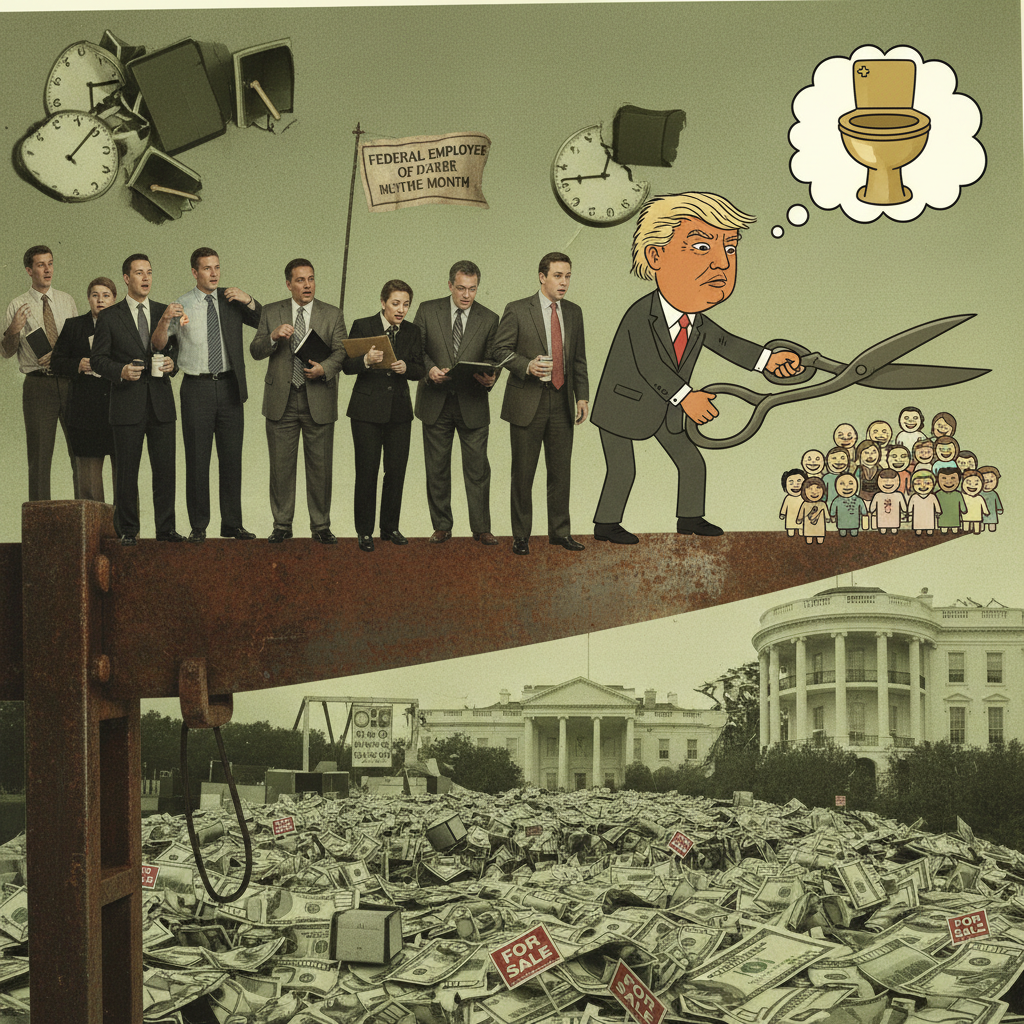While media reports focus on immediate governmental dysfunction, a burgeoning body of research suggests the profound unease felt by federal employees stems from a more deeply entrenched economic phenomenon.
Details:
- - Though the current government shutdown has indeed furloughed hundreds of thousands and delayed paychecks for many, the observed 'on edge' sentiment among federal workers appears to transcend mere temporary financial inconvenience.
- - A recent analysis from the Center for Existential Economics (CEE) posits that this profound psychological distress correlates not with the duration of legislative gridlock, but directly with the nation's median home price-to-income ratio, which now stands at an unprecedented 5.4, a substantial increase from 3.5 in 1985.
- - This underlying current of housing precarity, researchers note, has led many to view their federal employment not as a stable career, but as a precarious foothold in an increasingly inaccessible housing market, far eclipsing concerns over a few weeks of missed salary.
Why it Matters:
This re-framing suggests that policy discussions around government shutdowns are, in fact, misdirected, failing to address the fundamental economic insecurities that truly destabilize the lives of public servants and, by extension, the nation's civic infrastructure. Until policymakers acknowledge that the 'edge' is not a missed paycheck but a missing down payment, federal workers will remain, in an economic sense, perennially exposed.

